Egusi
Egusi plant is native to West Africa. It belongs to the gourd family of plants. The seeds of Egusi are very popular throughout Africa and it is available throughout the year. This plant can be grown in any condition from dry savannah to tropical highlands. The appearance of the fruit is so similar to a watermelon that anyone can be misguided.
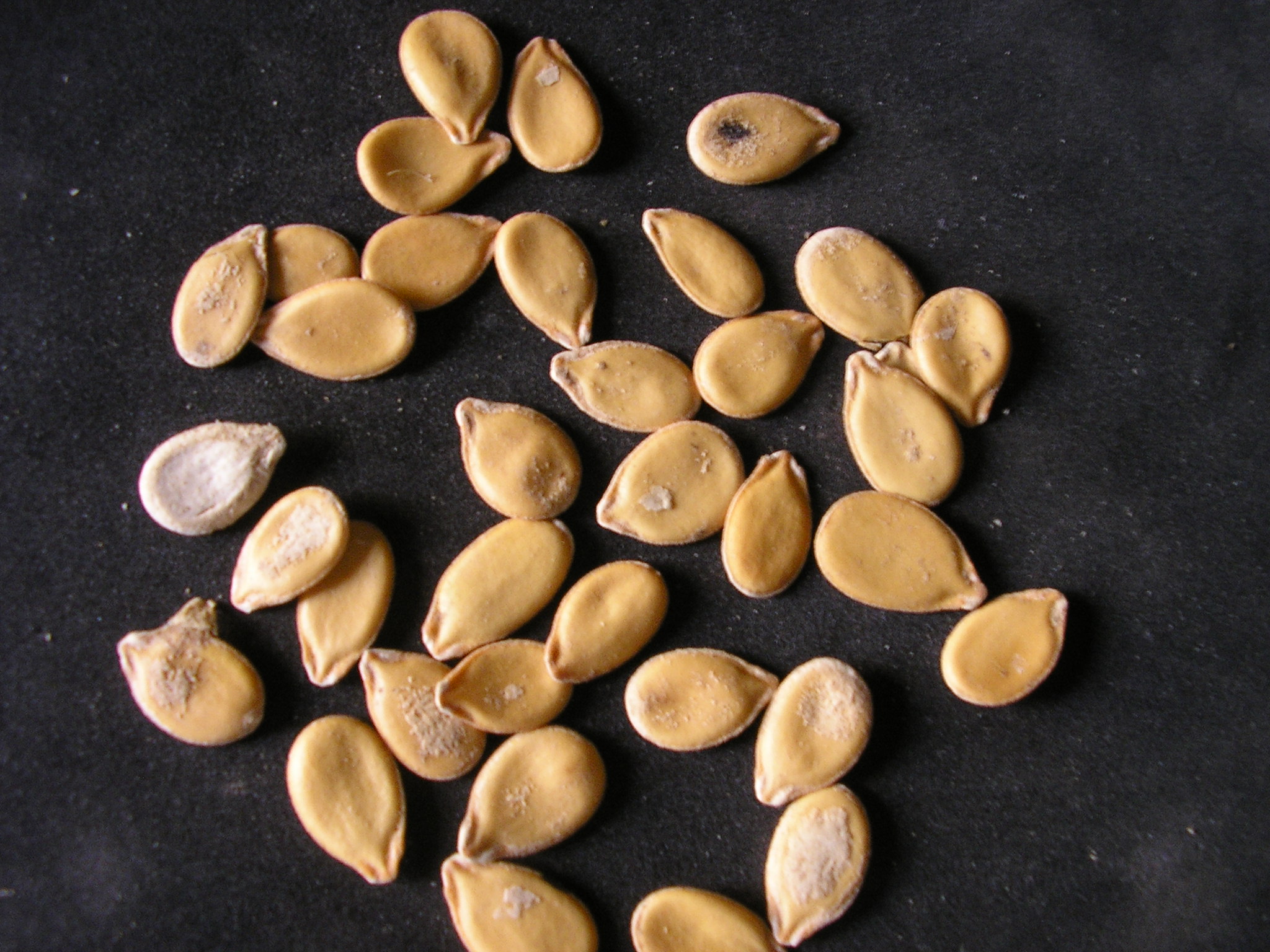
Egusi
Table Of Content
Egusi Botanical Name
The scientific name for Egusi is Citrullus lanatus.
Egusi Origin
The origin and the developmental genetics of Egusi phenotype are actually unknown.
Egusi Description
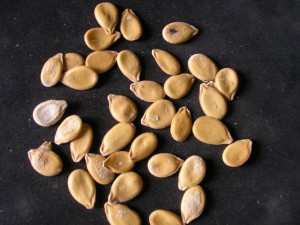 Picture 1 – Egusi
Picture 1 – Egusi
Source – wikimedia.org
Here is a brief description of the fruit and seed of this plant-
Egusi Fruit
Unlike watermelon, the fruit of this plant is not edible. The inner side of the fruit is filled with slightly bitter and dry flesh. In some parts, it is called “bitter apple.”
Egusi Seeds
One side of the seed is rounded and the other side has a pointed tip. Each seed is covered with hard outer shell. The seeds are generally white or creamy in color. Fresh seeds are neither edible nor tastes good.
These seeds are classified according to the sharpness of edges, seed coat thickness and oil properties.
Egusi Distribution
This plant is native to West and Central Africa. It is largely grown in countries like Nigeria, Northern Namibia, Ghana and Sierra Leon.
Egusi Cultivation and Harvest
This is primarily grown for its seeds. It can be grown in barren lands or some of the driest locations around the world.
Planting Egusi is very easy. Here are some simple steps that you need to follow-
- Choose a sheltered site in your garden.
- Plant the seeds in a 1-2 inch deep hole.
- Cover it with soil or dirt.
- Water the plant regularly.
- The seedlings will start to appear within a week or so.
- The right time to harvest is when the stems become dry and the fruit becomes yellowish-white.
The cultivation starts around April to June i.e. in the rainy season and it is harvested in October – December.
Egusi Nutritional Facts
The small looking Egusi seeds are full of nutrients. These seeds are high with protein and oil contents as it is composed of 30% pure protein and 50% edible oil. These are an excellent source of tryptophan, methionine and arginine. It also has a small amount of calcium and carbohydrate.
Egusi Health Benefits
- The seeds contain alphatocopherol (Vitamin E component) that helps to maintain young and smooth skin.
- It also contains stearic, linoleic, palmitic, and oleic acids, which are important in protecting the heart.
Egusi Uses
Egusi seeds are used to make various kinds of soups, which are very popular throughout African countries like Nigeria and Ghana. Apart from that, the seeds are generally used in many West African cuisines.
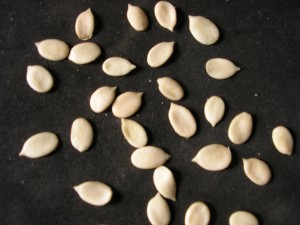 Picture 2 – Egusi Image
Picture 2 – Egusi Image
Source – wikimedia.org
Dry seeds are often eaten as a snack. Many processed form of Egusi seeds are available in the market and have made their way to common recipes. It is widely used to thicken stews and soups. Sometime the roasted seeds are used to make a paste for spreading on bread. These seeds are used to make very healthy cholesterol free oil.
These seeds can also be a good substitute for baby food. At times, the seeds are blend with honey and water that produces a kind of liquid, which can be used for feeding children if breast milk is not available.
In many parts of Africa, where farmers lack the access of dairy products or meat, these seeds are used as a substitute that provides them a lot of nutrition.
Egusi Other Benefits
This plant blankets the area where it grows. It stops the growth of weeds. It is also resilient to pests. These are the few reasons why farmers often intercrop this plant with other plants. If not harvested, a full grown plant remains in the ground for a long period of time. Therefore, it is rare to see the loss or wastage of this plant.
Egusi Recipes
The seeds are used to make soups. Sometimes fish, meat or vegetables are also added. It is also used in making cakes and fruit snacks. Some of the popular Egusi recipes are-
- Agusi Soup
- Agusi Rice Sauce
- Banga Soup thickener
Egusi How to Store
Egusi seeds with shell have a long shelf life and can be stored for a long period of time. It is better if it is stored in an air tight container so that the moisture can be kept out from the seeds. Seeds without shell easily pick up the moisture, which affects the taste as well as the nutritional value.
Egusi Buying
These seeds are available in all the open markets around West Africa or any African food outlets around the world. It is available with or without the outer shell.
Try to buy the dried ones, since newly harvested melon seeds are not good for cooking. When buying these seeds, just make sure that the seeds are not dusty. If it is dusty, then it means the seeds older and the quality is not good enough. It will be better if you buy the seeds with outer shell, because this protects the seeds from getting contaminated.
Egusi Side Effects
If grounded seeds are not stored in a proper way, it may be infected with fungi that produce aflatoxins, which are toxic.
Egusi Other Notable Facts
Here are some interesting facts about this plant and seed-
- In African countries, Egusi is known by many names like wild watermelon, ibara, agushi, ikpoghiri, egusi melon, neri niri etc.
- This seed is known as Sesame in French speaking regions.
- The branches of this plant are used to feed cattle.
- The seeds are often mistaken with pumpkin seeds as these two looks almost similar.
- In the 1960’s, Nigeria was producing 73000 tons Of Egusi, annually.
This plant and especially the nutritious seeds are very popular among farmers and poor people in Africa, since it is available throughout the year.
Egusi Pictures
Here are some pictures of the Egusi :
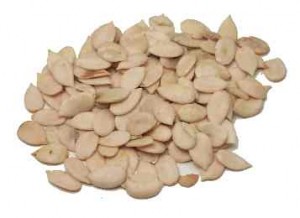 Picture 3 – Egusi Picture
Picture 3 – Egusi Picture
Source – 1.bp.blogspot.com
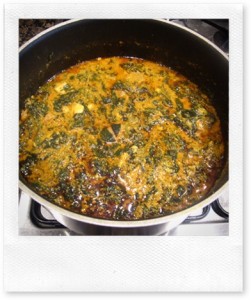 Picture 4 – Egusi Soup
Picture 4 – Egusi Soup
Source – lh3.ggpht.com
References:
http://www.africanfoods.co.uk/egusi-soup.html
https://www.dailykos.com/stories/2010/9/20/903458/-
https://academic.oup.com/jhered/article/95/3/268/2187490?login=false
- by Tuhin Das
- October 5th 2011

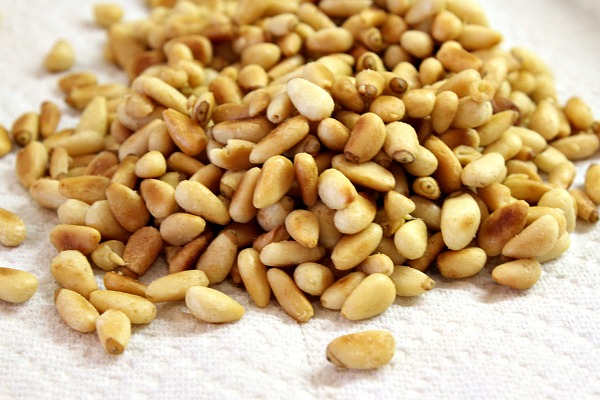

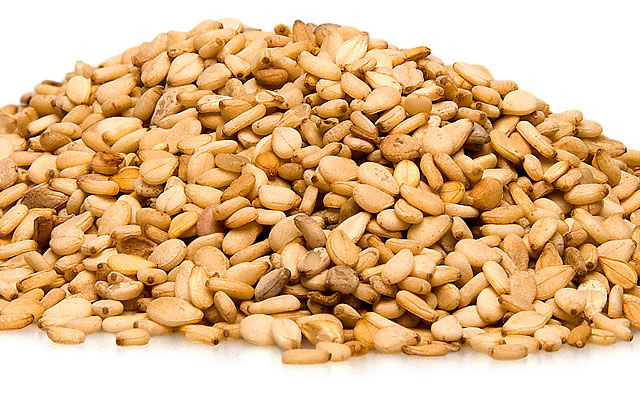
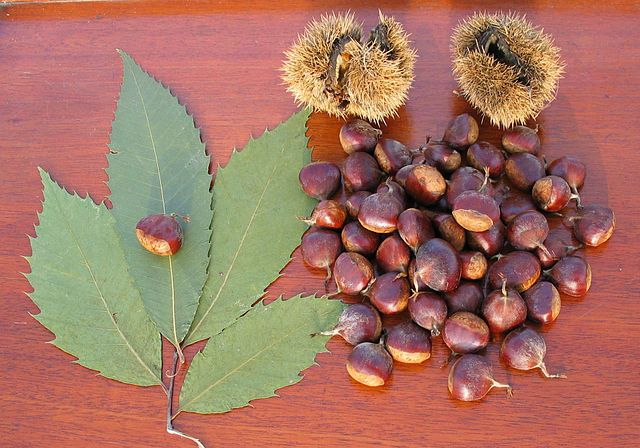

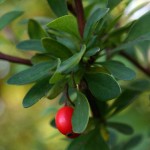
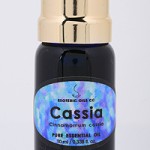
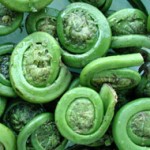

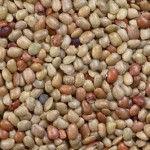
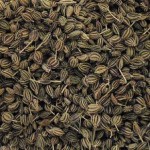

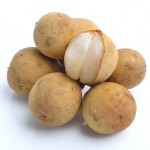

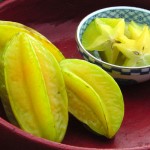
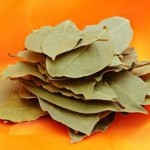
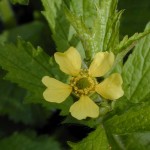
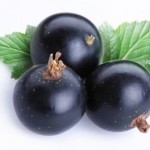
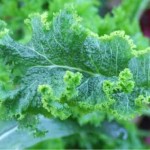
Leave a Reply